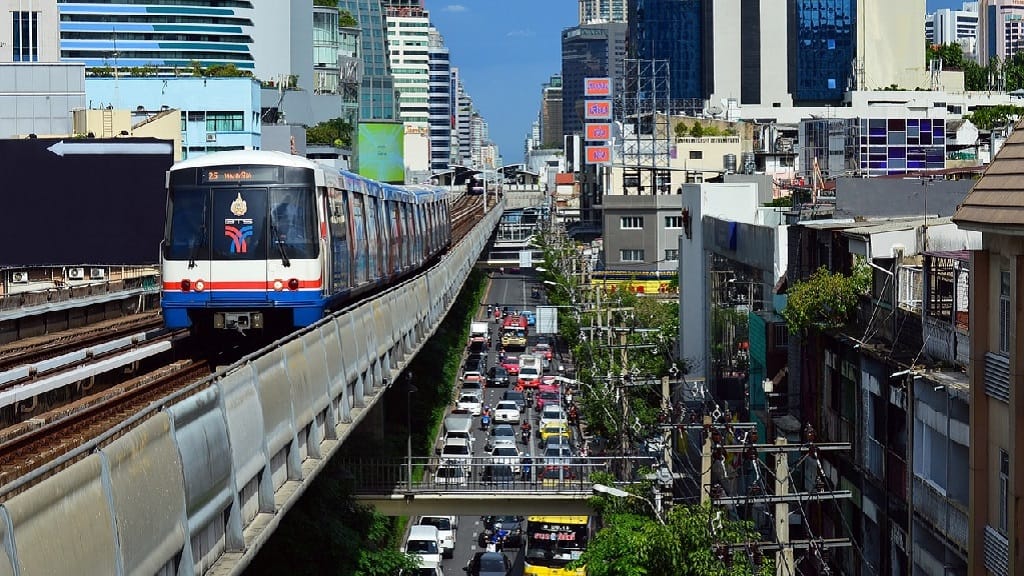As ASEAN celebrates its jubilee anniversary, the grouping is aiming to put people at the core of its policy making, transitioning away from a top down approach.
This is timely. Events like last year’s Brexit vote and Donald Trump’s election victory underscore the worldwide anti-globalisation sentiment, underscoring the importance of inclusive growth. The benefits of economic integration need to be felt by all sectors of society.
A recent study conducted by the Economic Research Institute for ASEAN and East Asia (ERIA) provides further insight into how ASEAN can work together with national governments to implement inclusive growth strategies.
Collaboration is needed to establish or strengthen rural-urban value chains, including rural populations in the early stages of the production process and giving them greater access to urban markets. The study proposes the following three approaches to realise this vision.
First, hard infrastructure in rural areas needs to be upgraded. To support more connectivity in rural supply chains, service links must be improved, particularly in transport and logistics.
The Singapore-KL high-speed rail is a good example of governments working together to improve urban-rural transport links. The line will connect Singapore to Kuala Lumpur, but will also pass through municipalities such as Muar, Seremban and Batu Pahat. This will greatly reduce the costs of transportation, but also give rural populations greater connectivity.
Second, beyond traditional transport and infrastructure, emphasis needs to be placed on increasing access to information and opportunities.
In 2015, Malaysian Prime Minister Najib Razak unveiled the 11th Malaysia Plan (11MP). Under the plan, Malaysia aims to have broadband Internet available in 95 per cent of populated areas, while making it affordable to all. Aside from enhancing information accessibility and connecting people to opportunities, it will also go a long way in better communicating the benefits of ASEAN to ASEAN’s people.
Third, national governments should facilitate the improvement of human resources in rural areas to promote agricultural diversification. In Indonesia, the Philippines, Thailand and Vietnam, more than one third of employment is in the agricultural sector.
In this regard, Vietnam has been proactive in seeking assistance from the Netherlands in developing its agricultural sector. ‘Growing out of poverty with potato’ is a five-year Public Private Partnership (PPP) project which started in 2014. Some 950 Vietnamese farmers have received training in potato production, and the introduction of a new high-yielding variety of Dutch potato has helped farmers to triple or even quadruple their income.
By actively promoting skills development, governments can empower their citizens to adapt to the changing needs of industries and remain competitive.
As ASEAN charts out its next 50 years of growth, it needs to work closely with national governments to narrow the development gap in the region and to become a people-centred organisation. This can be done through the build-up of extensive hard and soft infrastructure, ICT infrastructure and human resource development, with national governments working collaboratively to learn from each other.
Sources:
Promoting Rural Development, Employment, and Inclusive Growth in ASEAN [ERIA Discussion Paper Series, January 2016]
Singapore-KL high speed rail: An interactive guide [The Straits Times, 14 February 2017]
Time to catch up with ASEAN neighbours in infrastructure: Philippines Daily Inquirer [The Straits Times, 25 August 2015]
Viet Nam seeks Netherlands’ assistance in agricultural sector [Viet Nam News, 23 March 2017]




